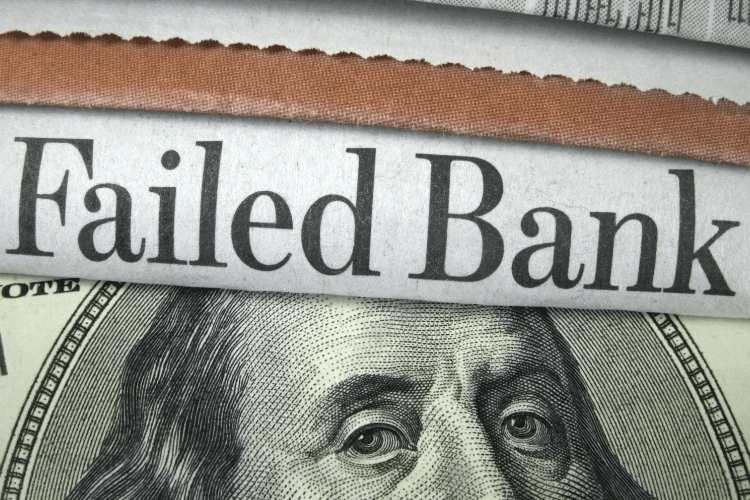What You Need to Know About Debt Settlement

Are your outstanding credit card balances significantly larger than any figure you have sitting in your bank account? Do you feel hopelessly behind and embarrassed by your missed and late payments? Is your credit score sinking like the Titanic? Then you might consider debt settlement.
It’s a way to deal with your obligations and those pesky calls from bill collectors, certainly. But you need to grasp it fully because it can have lasting ramifications.
How Debt Settlement Works
In a settlement, you negotiate with your creditor to pay less than the amount you owe. As part of the terms, your creditor agrees to accept your lower figure as a full payment, “forgiving” the rest, in creditor-speak. This method works best with credit cards and unsecured loans; mortgages, auto loans, and student loans rarely are eligible.
Paying off your debt for a fraction of the original amount sounds tempting, right? Indeed, it is! You can pay a lower sum, resolve your debts, and stop the dreaded calls and letters that hound you daily. In fact, some debt settlement companies claim they can get you debt free in 36 months for just 50% of what you owe.
Cons of Debt Settlement
However, it’s not as neat and clean as it sounds. Debt settlement can get messy, especially when you work with a professional debt settlement company.
Debt settlement companies charge a fee to resolve your debt. This fee is usually a percentage of each debt settled. As an example, if you owe a total of $10,000 and a debt settlement company negotiates a settlement for $6,000, you must pay the $6,000 plus a fee as high as 25% or 30% of that figure. That potentially leaves you paying $8,500 or $9,000 overall, a sum so close to the original that you barely benefit from the settlement at all.
To add insult to injury, forgiven debt is usually taxable: The IRS considers it as a form of income. If you have $5,000 in debt forgiven through settlement, you’re on the hook for the taxes on that $5,000.
Ironically, settlement can hurt your credit score, at least for a time. Yes, this sounds counterintuitive. It happens because a debt settlement plan modifies or negates your original credit agreement. And, when your creditor closes the account due to a modification to the original contract (as it often does, after the settlement’s complete), your score pays the price.
Also, a debt settlement company sometimes advises you to purposefully stop making payments and save up for a lump-sum settlement payment instead. This tactic could increase your bargaining leverage with the creditor or lender, but your credit will tank with each reported late payment. And there’s no guarantee that your creditor will even agree to a settlement; if it doesn’t, you’ll have dinged your score for nothing.
Bear in mind: Record of a settlement stays on your credit report for seven years. Just the sight of it can turn off lenders, or impact the terms you get for loans.
Debt Settlement Tips
While debt settlement may be a valuable tool to avoid bankruptcy or get creditors off your back, select your debt settlement company very carefully. It’s easy to get caught up in a scam or agree to terrible terms when you’re feeling desperate. Make sure you ask questions, read reviews, and check the Better Business Bureau to ensure you’re partnering with a company who will truly advocate for you.
Before you try a debt settlement company, consider negotiating and settling the debt on your own. The worst-case scenario is a “no” from your creditor, but you won’t need to spend money on a settlement company to explore your options. Offer an amount you can pay immediately and only agree to the terms if the collection agency puts the agreement in writing. You can also request to have the entire account deleted from your credit report if you believe it would be beneficial to clear the account history altogether.
Some nonprofit organizations also provide credit counseling services for free or at a low cost. These organizations aren’t driven by a desire for profit like normal debt settlement companies, so they’re more focused on working with you to reduce debt.
The Bottom Line
If you’re current on all of your loans and don’t have any past-due payments, then settlement isn’t a road you need to explore. However, if you have late and skipped payments along with collections accounts, it can be a good option.
But it’s not a Get Out of Jail Free card. Though this method can get the creditors off your back – and your call history – it’s not a course to accept blindly. Make sure you learn about the pros and cons of debt settlement before you make a final decision.
Don’t wait to get out of debt! Read this: A Complete, Step-By-Step Guide to Get Out of Debt.










